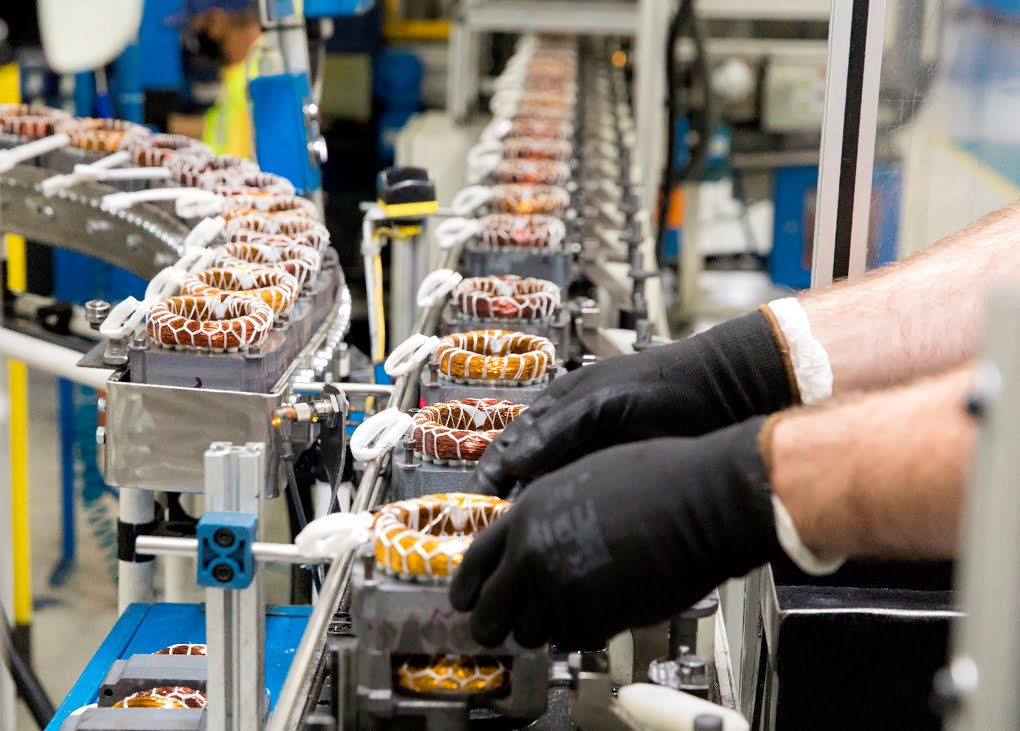Nidec Global Appliance is investing US$70 million (AU$92.2 million) to increase Embraco compressors’ production capacity. The investment is expected to allow an annual capacity increase of more than 10 million units and better distribution worldwide.
The increase adds to the current capacity of 45 million compressors and condensing units per year, and will be achieved by adding new production lines in several parts of the world. The investment goes to manufacturing plants that produce Embraco solutions in Austria, China, Brazil and Mexico.
Nidec CEO Valter Taranzano says the investment was motivated by a number of factors, including COVID-19.
“As people all around the world are spending more time at home, it has become increasingly important to re-evaluate the level of quality and energy efficiency of residential appliances,” says Taranzano. “In parallel, more people at home means more consumption of fresh food, increasing the demand for refrigeration in the food retail sector, such as supermarkets and convenience stores.”
Taranzano notes that variable speed compressors, also known as inverter technology or VCCs, offer significant energy savings compared to traditional on-off compressors.
“That’s why Nidec Global Appliance has been increasing the production of this kind of technology in its manufacturing sites around the world,” he says.
The variable speed compressors have been designed for residential and some small light commercial applications, in segments such as merchandisers, food service and food retail. They also have the option of running on natural refrigerants, giving OEMs flexibility to customise products according to each market’s need.
“In addition to responding to our customers’ demand,” says Taranzano, “this investment package also puts us ahead of the game to support the transition to natural refrigerants and to variable speed (more energy efficient) compressors, which are two movements that are ongoing in different stages in many parts of the world. And, of course, we need to have the production capacity required to support our future growth plans.”
 Mark Vender
Mark Vender


Leave a Reply